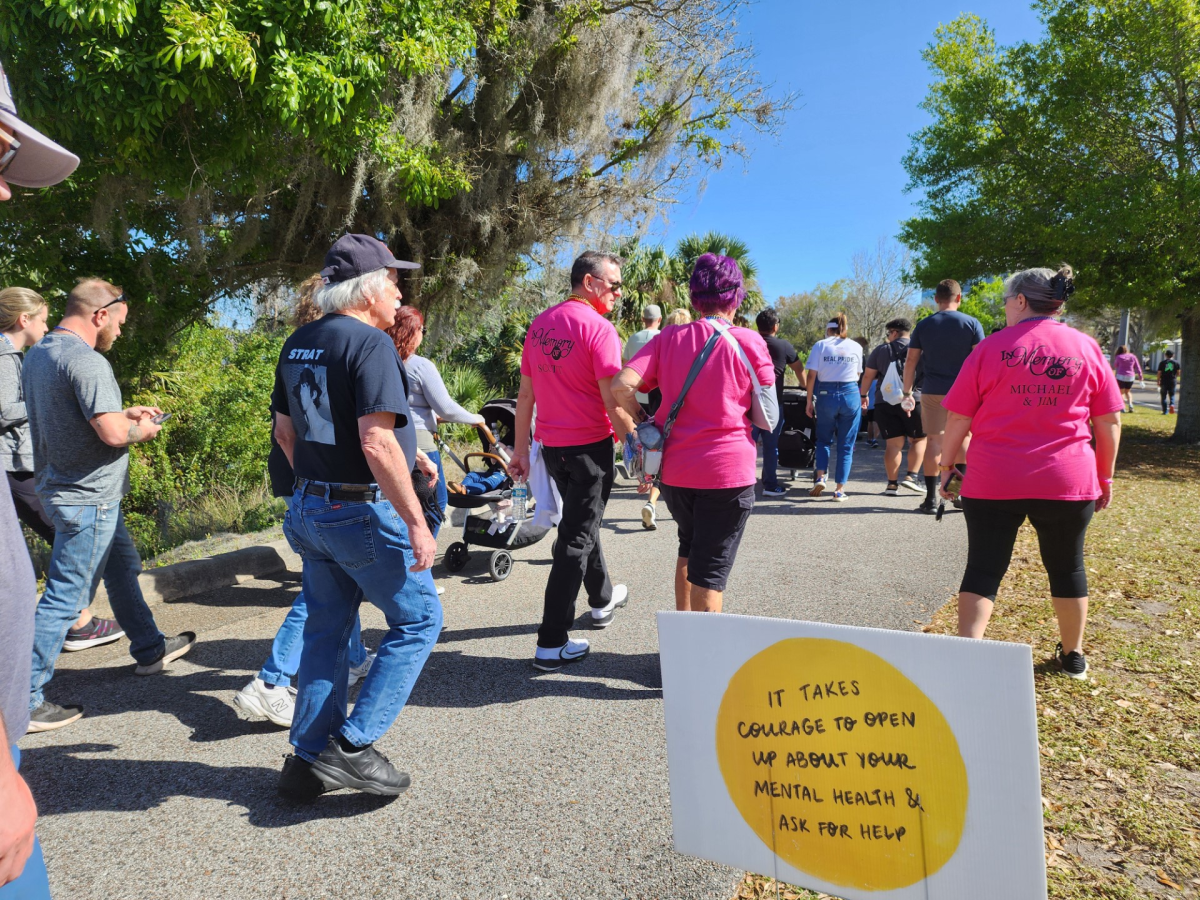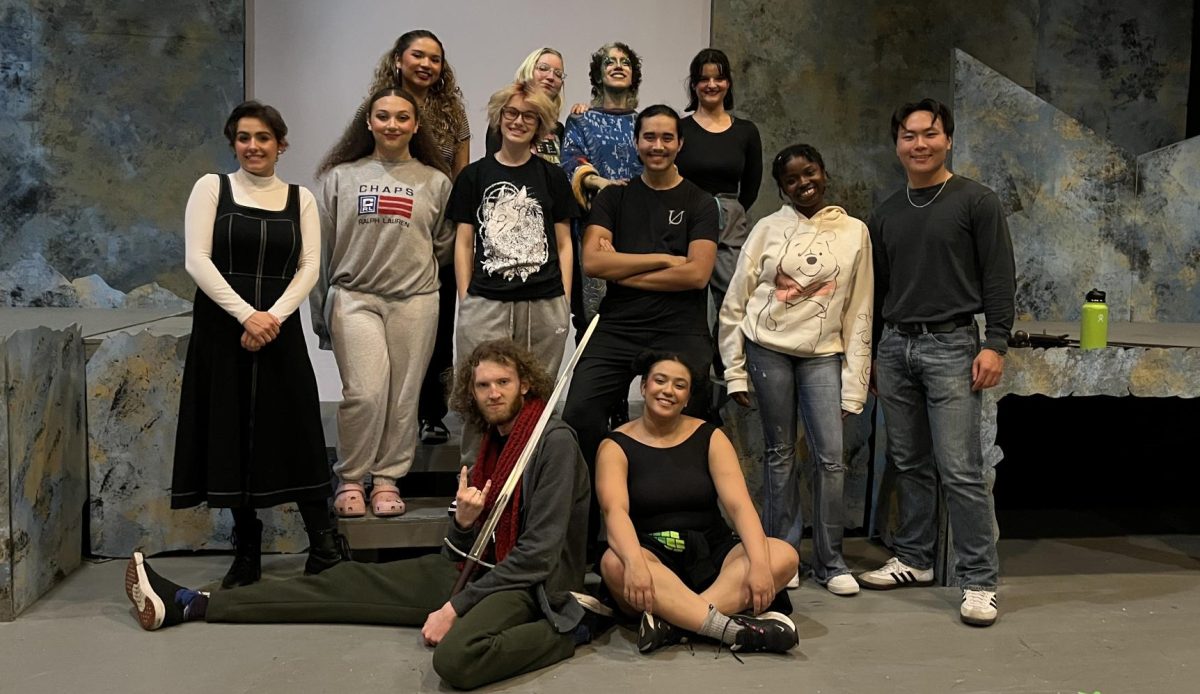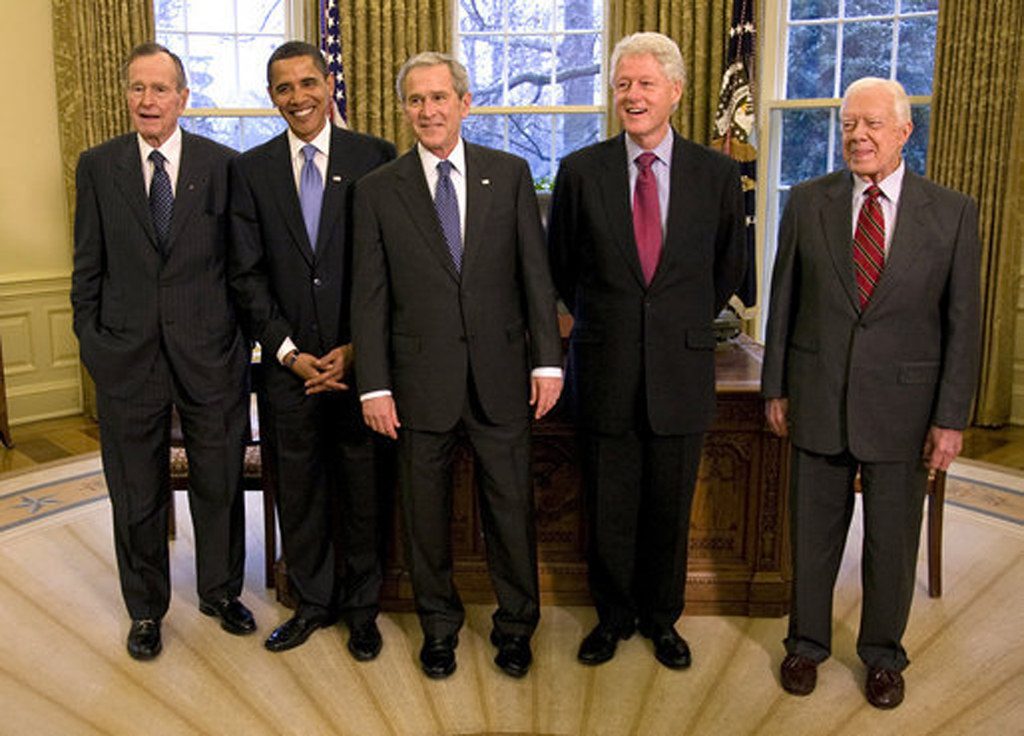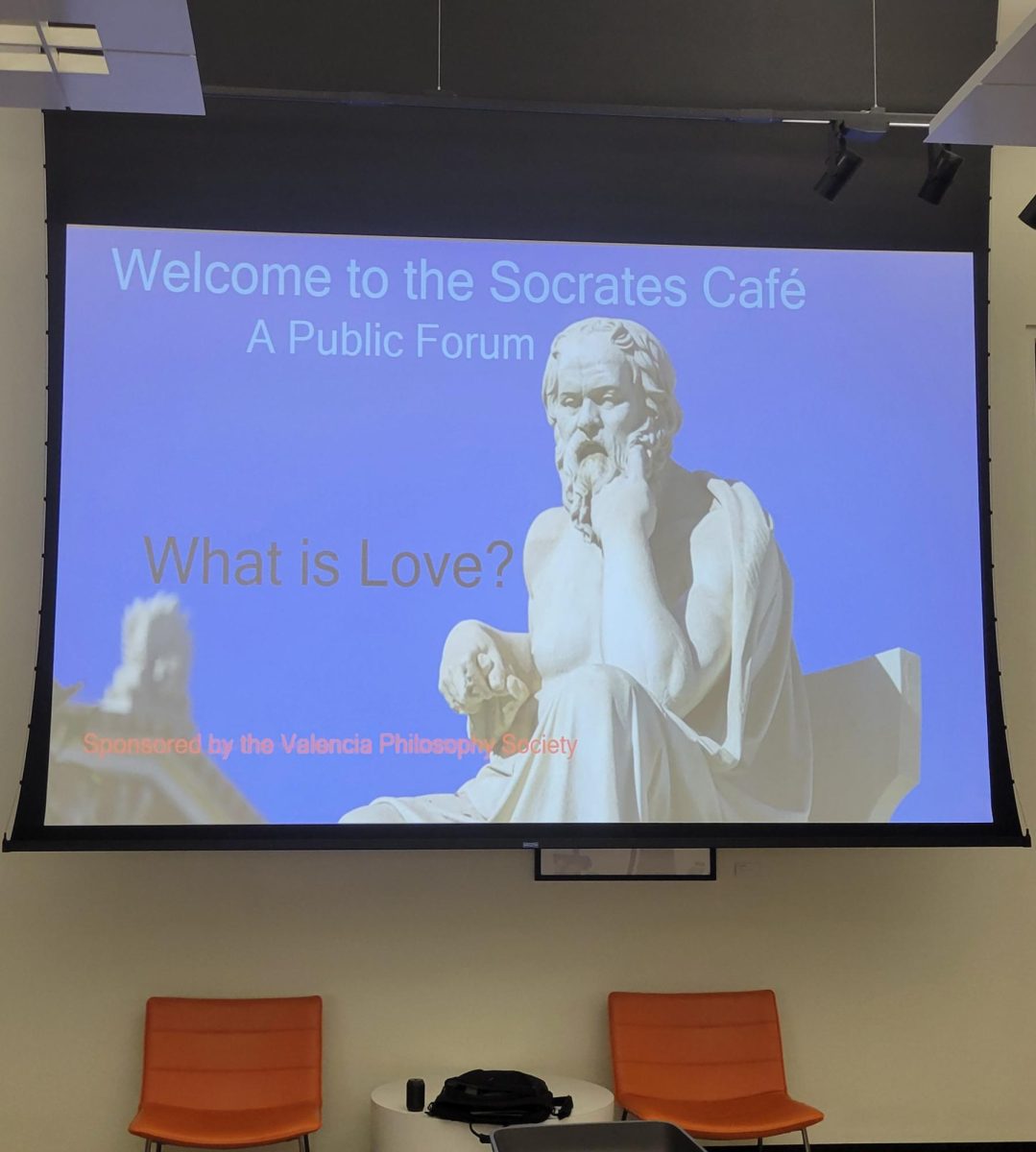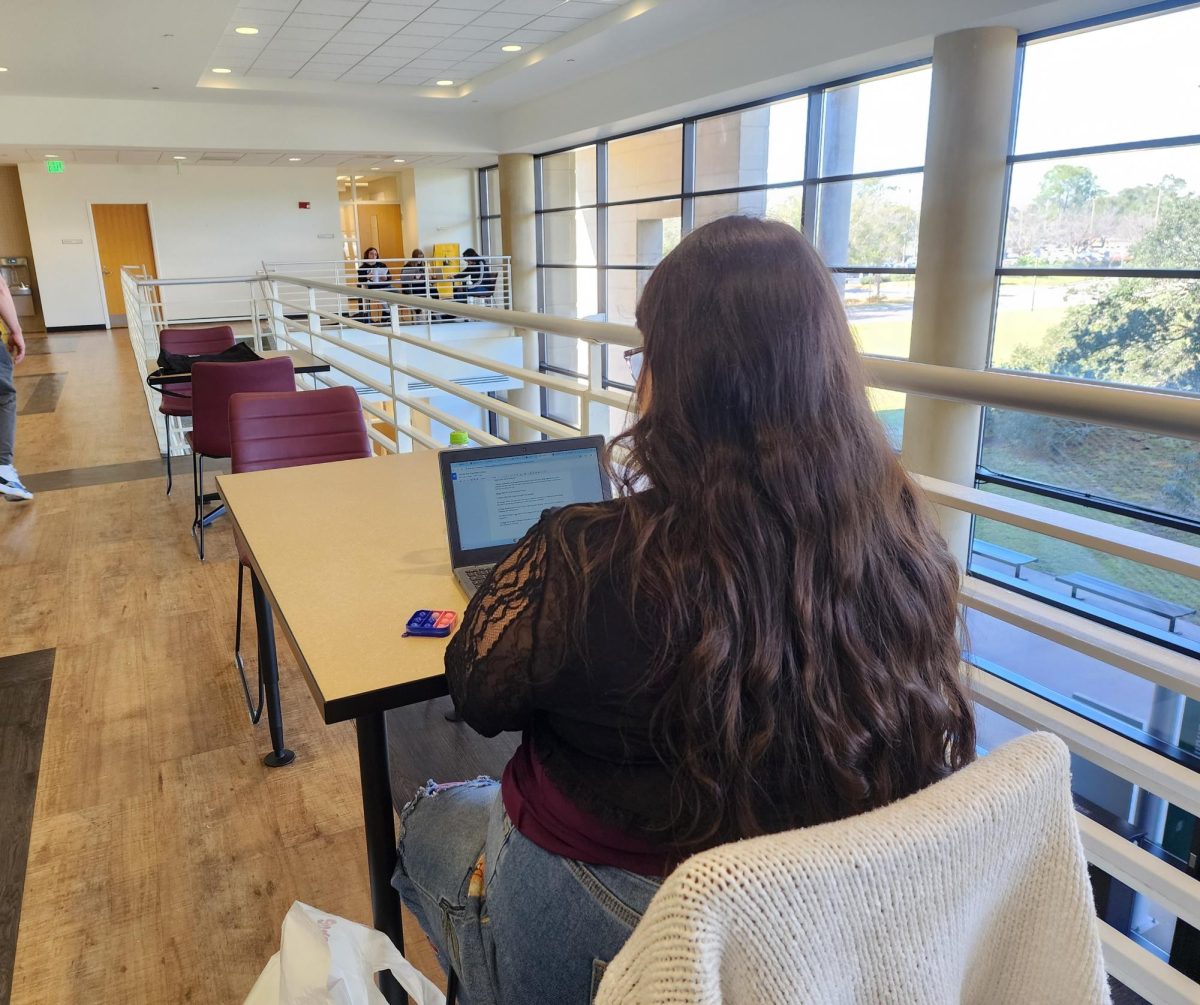By Collin Dever
[email protected]
Violence has been a byproduct of the human condition since our arrival on Earth. It would seem, given history, that it is an unavoidable repercussion of coexisting humans.
There are some who believe that as humans we deserve better; that violence is not inevitable but avoidable through conscious decision.
Dr. Michael Nagler, professor Emeritus at the University of California Berkley, has dedicated his entire life to this ideal and believes that if humans did not alienate themselves from one another, peace could be found.
Author of “Search for a Nonviolent Future” and current President of the Metta Center for Nonviolence Education, Nagler took time last week to teach students and faculty how to remove violence from their lives and promote peace.
According to Nagler, there are five steps to nonviolence, and once you master all of them you can move onto a big project that helps humanity.
Learn Nonviolence
Looking into the history of nonviolence, two names that cannot go without mention are Mahatma Gandhi and Martin Luther King, Jr. Their movements had both scale and intent according to Nagler.
The important thing to remember is that it is not only the great leaders of nonviolence that can make an impact; anyone can practice nonviolence on a daily basis.
Nagler believes a key factor that we must all avoid is, “if you lose awareness so totally of the value of another human being then you de-humanize yourself in the process.”
Disconnect yourself
Our society is plagued with violence, and we are bombarded through mass media with violence from movies, video games, and even the news.
With the advent of the 24-hour news network, information moves at lightening speed. A key example is the recent tragedy in Tucson. News continued to flood in on what had happened, while everyone failed to ask the question of why it had happened.
“The reason we are so fast is we are fascinated by the surface,” said Nagler. “We would be slower if we were looking for basic principles, because basic principles don’t change.”
Articulate Vision
Nagler received his PhD from Berkley in Comparative Literature in 1967. He has spent over 40 years is the field of academics. Often he uses his education to make points on morality through the classic writings of history.
“I think education has to recover its purpose, and that purpose is to enable the full development of the human being.”
Sri Easwaran, a spiritual mentor to Nagler, believes the problem in America is that we educate for the head only and not the heart.
Schools should begin to see their role as teaching knowledge as well as morality. We cannot be fully realized individuals without knowledge of how things are as well as how we must act.
Nagler met Sri Easwaran in 1966 when he was a resident scholar at Berkley. He taught Nagler in the ways of meditation, adding a greater depth of spirituality in Nagler’s life.
Spiritual Practice
There are some problems we face and questions that need answered that we can only workout in spiritual practice according to Nagler.
For him it has been lifelong process that requires an acknowledgement that we, as people, come into this world alone, we must find the capacity to overcome this separation, which culminates in the fulfillment of a universal unity.
Nagler feels with each new area explored and understood, he gains deeper insight and wisdom to help him in his path.
The important thing to remember is not a promotion of any specific spiritual practice, just the importance of a religious component in life.
Rehumanizing Relationships
It is important for us to treat each other as equals and to realize that we have inherent similarities as humans.
Nagler believes that it is when we view people as “others,” and different from ourselves, it allows us to treat them differently, even less human.
If we believe each one of us to be equal and the same then we can treat everyone peacefully because, like Nagler said, “Diversity belongs on the surface, unity belongs underneath.”



